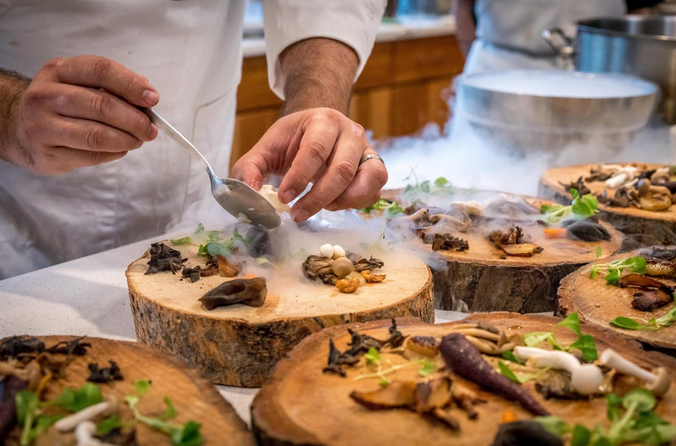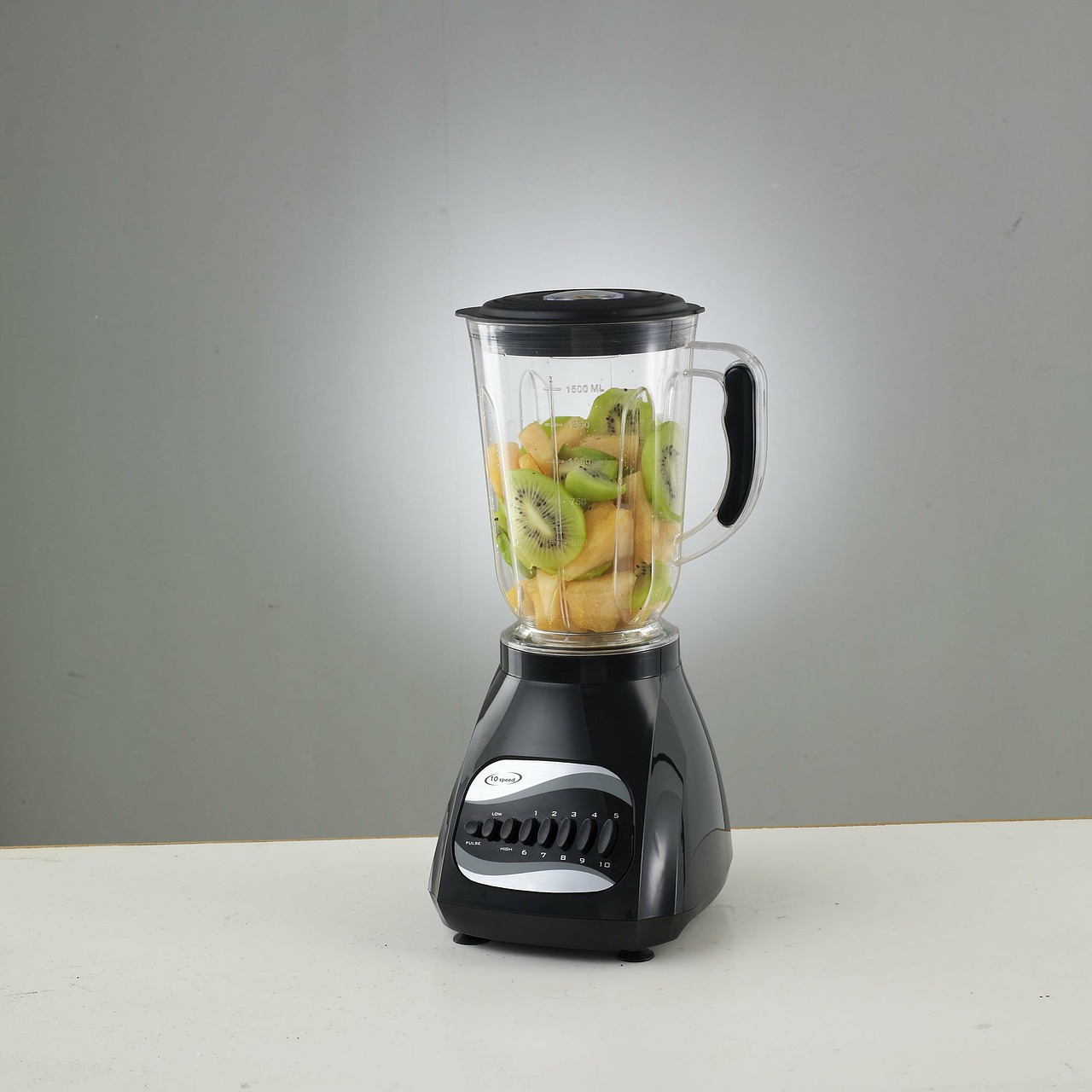Key Components of Michigan Food Law Every Restaurant Owner Should Know

Running a restaurant in Michigan can be an exciting venture, filled with opportunities to showcase your culinary talents. However, navigating the complex world of food law is essential for success. From ypsilanti restaurants depot town to upscale bistros in Ann Arbor, you need to be aware of Michigan food law.
From ensuring you have the right licenses to understanding food safety standards, there are numerous regulations that every restaurant owner must grasp. Ignoring these key components can lead to penalties and even jeopardize your business. In this blog post, we’ll explore the vital aspects of Michigan food law that every restaurateur should know.
Licensing and Permits: What You Need to Operate Legally
Before you can serve your delicious dishes, securing the right licenses and permits is crucial. Michigan requires various approvals depending on your restaurant type and the services offered. Start with a food service license from your local health department. This ensures that you meet safety standards before opening your doors to patrons.
You’ll also need a sales tax license from the Michigan Department of Treasury if you’ll be selling taxable goods. Don’t forget about liquor licenses if you plan to serve alcohol. These are issued at both state and local levels, so check which specific permits fit your establishment’s needs. Additionally, consider zoning permits to confirm that your restaurant complies with municipal regulations.
Food Safety Standards: Handling, Storage, and Preparation

Food safety standards are crucial for any restaurant. They set the groundwork for safe handling, storage, and preparation of food. First, proper food handling is essential to prevent contamination. Employees should always wash their hands before touching food. Using gloves can add an extra layer of protection. When it comes to storage, temperature control is key. Refrigerators must maintain a consistent temperature below 40°F to keep perishables fresh.
Regularly checking expiry dates helps minimize waste and enhances customer safety. Preparation practices also require attention to detail. Cross-contamination between raw and cooked foods can lead to serious health risks. Designating specific cutting boards for different types of ingredients creates a safer kitchen environment. Proper training in these areas not only protects your customers but also safeguards your business’s reputation in the competitive Michigan market.
Health Inspections: How to Stay Compliant and Avoid Penalties
Health inspections might not be easy to grasp, but they’re essential for maintaining food safety in your establishment. Familiarize yourself with Michigan’s specific regulations and standards. This knowledge is your first line of defense against potential violations. Regularly review the inspection checklist provided by local health departments.
It covers crucial areas like sanitation practices, equipment cleanliness, and employee hygiene. Staying proactive ensures you won’t be caught off guard during an official visit. Train your staff on best practices for food handling and storage. Consistent training sessions reinforce compliance and foster a culture of safety within your team.
Labeling Requirements: Ensuring Transparency for Customers

Labeling requirements are crucial for any restaurant aiming to foster trust with its customers. Clear and accurate labels provide essential information about the food being served. This transparency can enhance customer loyalty and satisfaction. Every ingredient must be listed, especially common allergens like nuts or gluten.
Patrons appreciate knowing exactly what they’re consuming, particularly those with dietary restrictions. Nutritional facts also play a significant role in modern dining choices. As health-conscious consumers grow in number, displaying these details is not just beneficial but often necessary. Additionally, origin labeling can set your establishment apart from competitors.…


 Quality Food
Quality Food Diverse Menu
Diverse Menu


